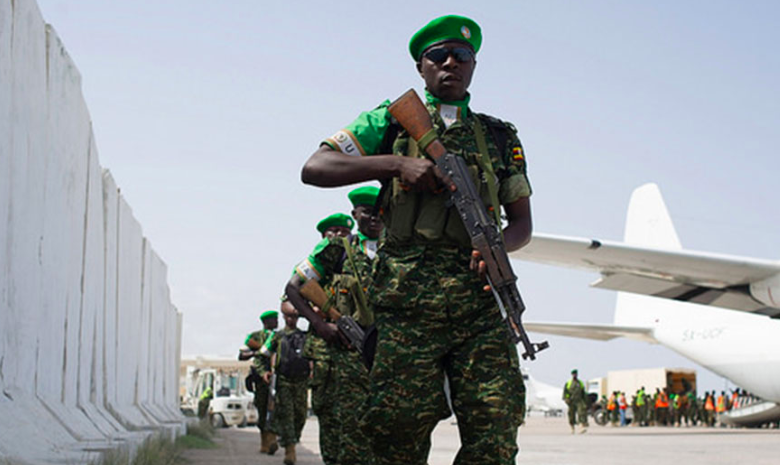New Peacekeeping Mission in Somalia: AUSSOM Troops Deploy Amid Rising Khawarij Threats

Mogadishu-(LM)The African Union (AU) and the Somali government have approved the deployment of 2,500 Ethiopian troops as part of the newly established African Union Support and Stabilization Mission in Somalia (AUSSOM). This mission, which officially began in January, aims to enhance security in the nation amidst increasing threats from Al-Shabaab.
In addition to Ethiopian forces, Egypt will contribute approximately 1,100 troops to AUSSOM, bringing the total number of military personnel approved for deployment to just under 12,000, excluding police officers and other security forces. Uganda is set to provide the largest contingent with 4,500 troops, while Djibouti and Kenya will send 1,520 and 1,410 peacekeepers, respectively. The Somalia Operations Coordination Committee (SOCC) has finalized the troop composition for the mission.
AUSSOM replaces the African Transition Mission in Somalia (ATMIS), which faced significant funding challenges. An August 2024 report indicated that fewer than 13,000 of the 20,000 troops originally involved in ATMIS remain deployed in Somalia. The new mission is scheduled to operate until the end of 2028.
This deployment marks the first time Egyptian military personnel will participate in a peacekeeping mission in Somalia. Cairo’s involvement reflects strengthened diplomatic ties with Mogadishu, particularly following a year-long standoff with Ethiopia over a controversial maritime access deal involving breakaway Somaliland.
In addition to the military personnel, several hundred police officers from Egypt, Nigeria, and Sierra Leone are set to be deployed in strategic locations such as Mogadishu, Jowhar, and Baidoa. Joint military operations between AUSSOM and the Somali National Army are already in progress, according to a statement from Somalia’s national security advisor.
These developments come in the wake of a recent surge in attacks by Al-Shabaab, including an assault on the convoy of Somali President Hassan Sheikh Mohamud. The Somali government has intensified its offensive against the group, with airstrikes conducted by both the US and Ethiopian air forces targeting Al-Shabaab positions.
A recent UN Security Council report highlights that despite the efforts of Somali security forces, Al-Shabaab continues to be a significant threat, exacerbated by ongoing clan rivalries, political discord, and societal divisions. These fractures have reportedly weakened the government’s defenses, allowing the group to exploit internal conflicts and expand its influence.
As Somalia navigates these complex challenges, the effectiveness of AUSSOM and the cooperation between international forces and local security will be crucial in shaping the future of stability in the region.
Leadership Magazine







